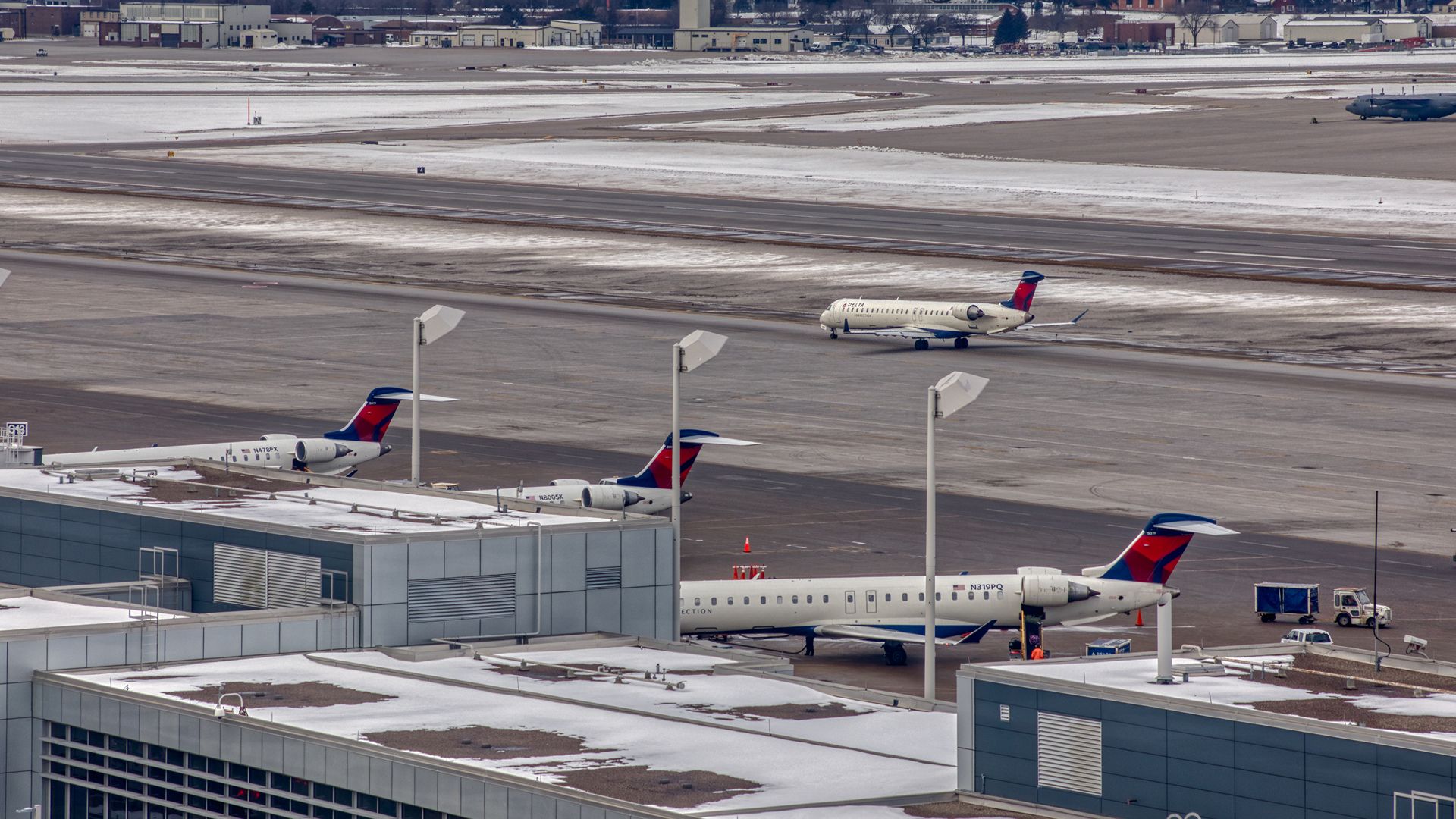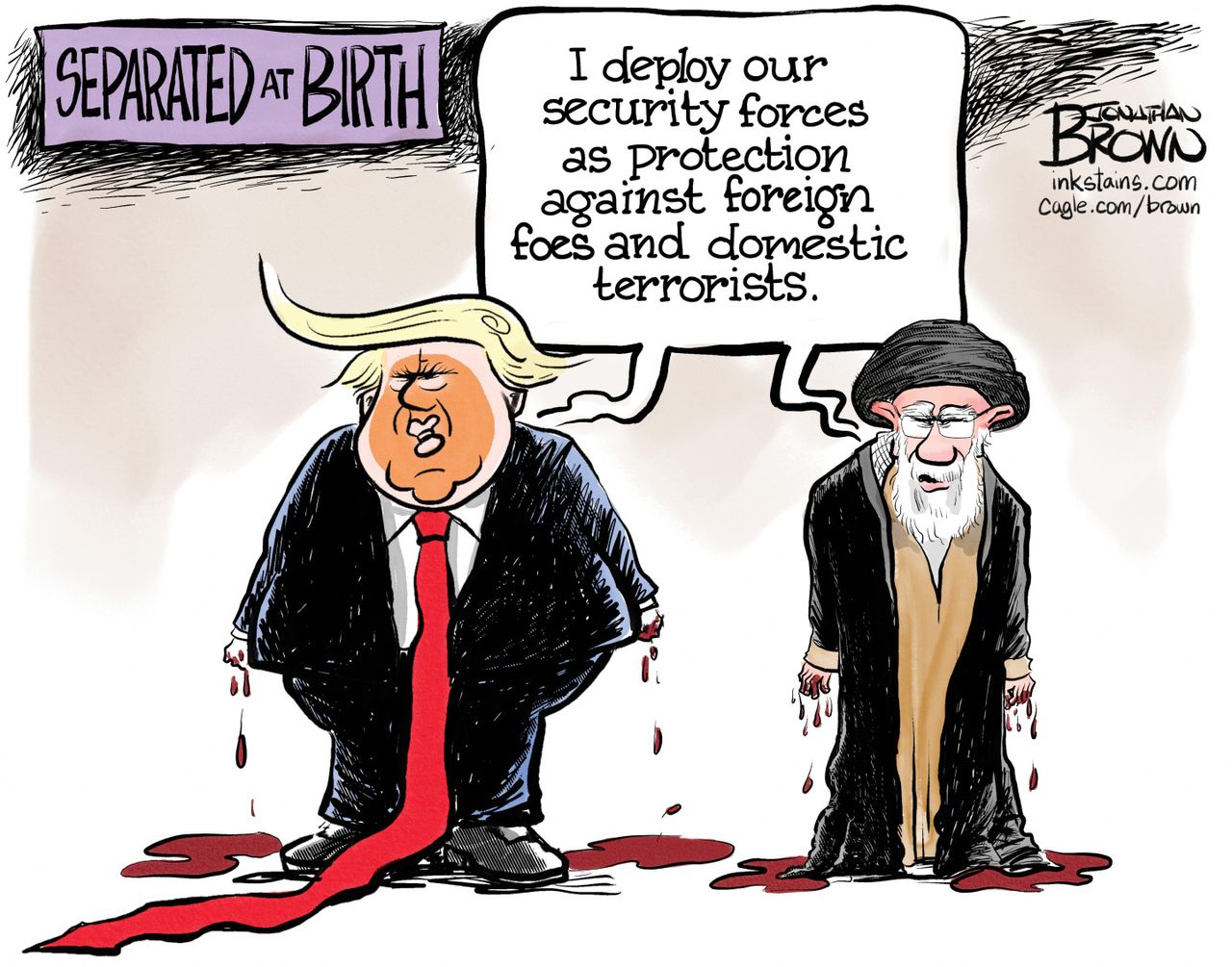
Hamas announced on Friday that it had delivered a “positive” response to the latest US-backed ceasefire and hostage release proposal for Gaza. The group stated its readiness to begin proximity talks with Israel “immediately” to resolve outstanding issues. However, similar to previous negotiations, Hamas has set forth several key conditions that could pose significant obstacles to finalizing a deal. Despite these challenges, global media suggests this is the closest the conflicting parties have come to reaching an agreement in a long time.
Israeli media, citing mediation sources, reported that one of Hamas’s main demands is clearer assurances about the consequences if negotiations on a permanent ceasefire are not concluded by the end of the proposed 60-day truce. In an official statement, Hamas declared, “The movement has delivered its response to the brotherly mediators, which was characterized by a positive spirit.” The statement continued, “Hamas is fully prepared, with all seriousness, to immediately enter a new round of negotiations on the mechanism for implementing this framework.”
Challenges in the Ceasefire Proposal
The current draft presented to Hamas suggests that the ceasefire could be extended as long as both sides are negotiating in good faith. However, Hamas reportedly wants this clause removed, fearing it gives Israeli Prime Minister Benjamin Netanyahu an opening to resume military action. This concern is rooted in past experiences, such as the breakdown of a previous deal in March. Instead, Hamas is advocating for language that guarantees negotiations on a permanent ceasefire will continue until a final agreement is reached, a condition Israel has resisted.
Meanwhile, pressure on Netanyahu continues to grow domestically. The Times of Israel reports that tens of thousands of Israelis are expected to join hostage families at mass rallies on Saturday night to urge the government to reach a deal that will free all remaining captives held in Gaza. These rallies coincide with a security cabinet meeting to discuss Hamas’s response to the emerging ceasefire-hostage deal, ahead of Netanyahu’s trip to the White House on Monday.
Domestic Pressure and International Implications
The Hostages and Missing Families Forum has demanded a comprehensive deal to end the war and release the remaining 50 hostages, at least 28 of whom are dead. Israeli officials are reportedly working to determine which living hostages to prioritize in the partial, phased release under discussion. Previous statements from Israeli leaders have painted a grim picture, with the possibility that fewer than twenty captives taken on October 7, 2023, might still be alive.
In Gaza, the Health Ministry reports that at least 138 Palestinians have been killed in the past day, with 63 of them dying while seeking humanitarian aid. Despite these grim statistics, many are hopeful for an imminent ceasefire. Hamas officials are reportedly studying proposals for a 60-day halt to hostilities.
“Amid reports of a partial deal, and the prime minister’s trip to the United States, hostage families invite Israelis of all stripes to come to Hostages Square and join them in a clear call: ‘This is the time to finish the job, reach a comprehensive deal and ensure full Israeli victory,'” stated the Hostages and Missing Families Forum.
Historical Context and Future Prospects
This development comes as the region continues to grapple with a long history of conflict and failed peace attempts. The ongoing tensions between Israel and Hamas have often seen international interventions, yet sustainable peace remains elusive. The current proposal, backed by the United States, represents another attempt to bridge the longstanding divide.
Experts suggest that the success of these negotiations could hinge on mutual concessions and the ability to address core issues that have historically derailed peace efforts. The international community, particularly the United States, plays a crucial role in mediating and ensuring compliance with any agreements reached.
As the world watches, the stakes are high for both sides. A successful ceasefire could pave the way for more comprehensive peace talks, while failure could lead to further escalation and suffering. The coming days will be critical in determining the path forward for Israel, Hamas, and the broader Middle East region.







